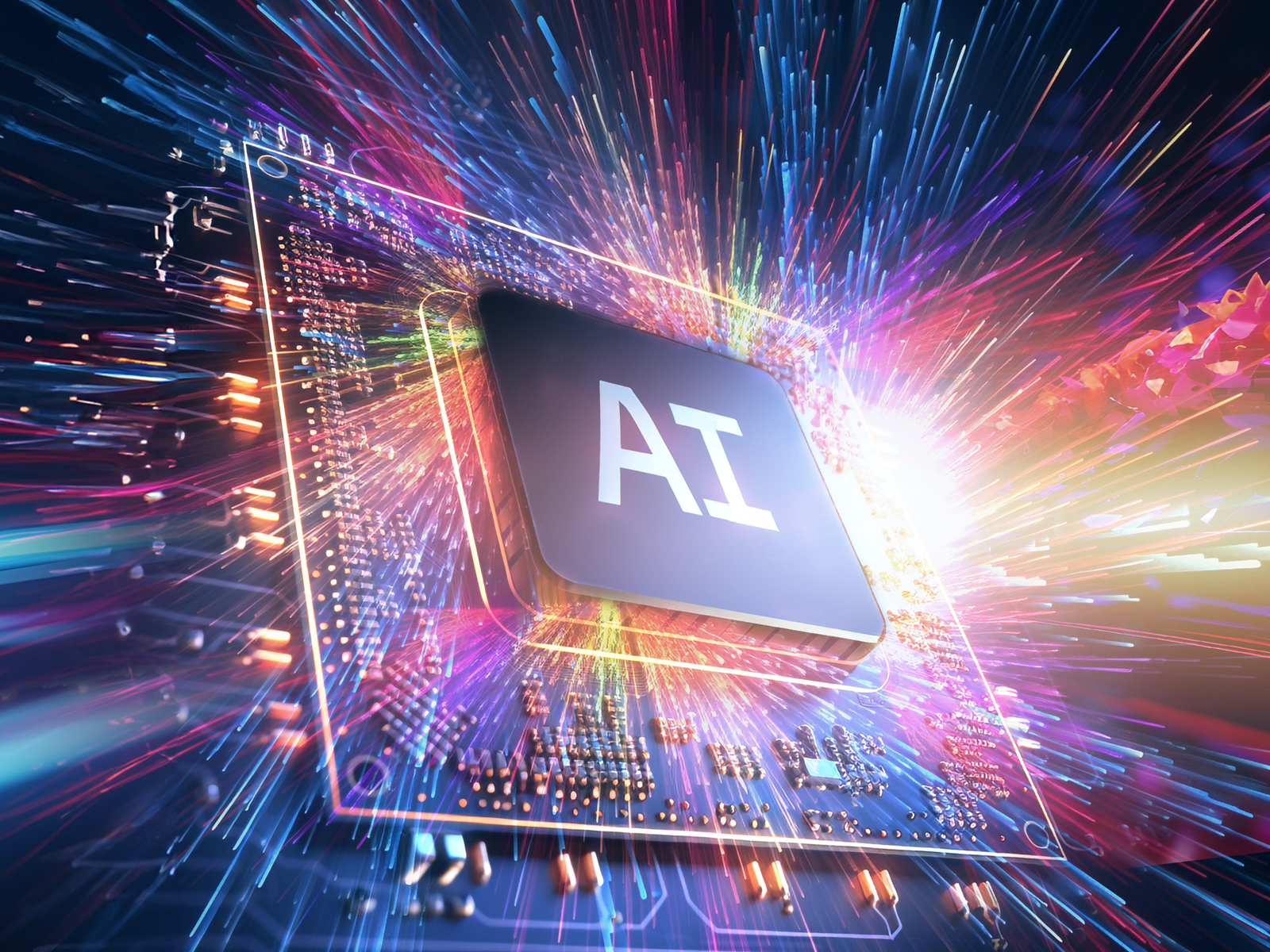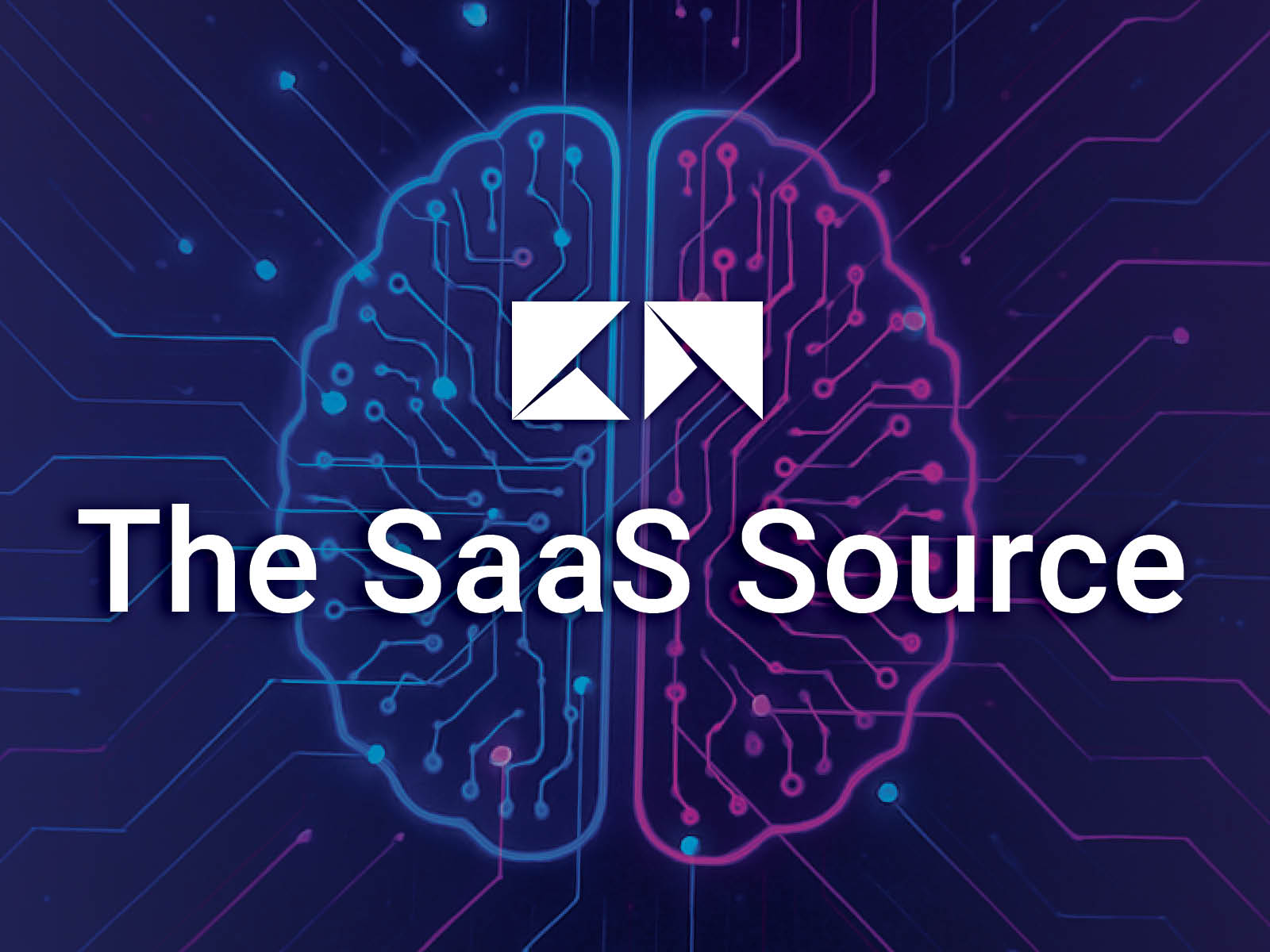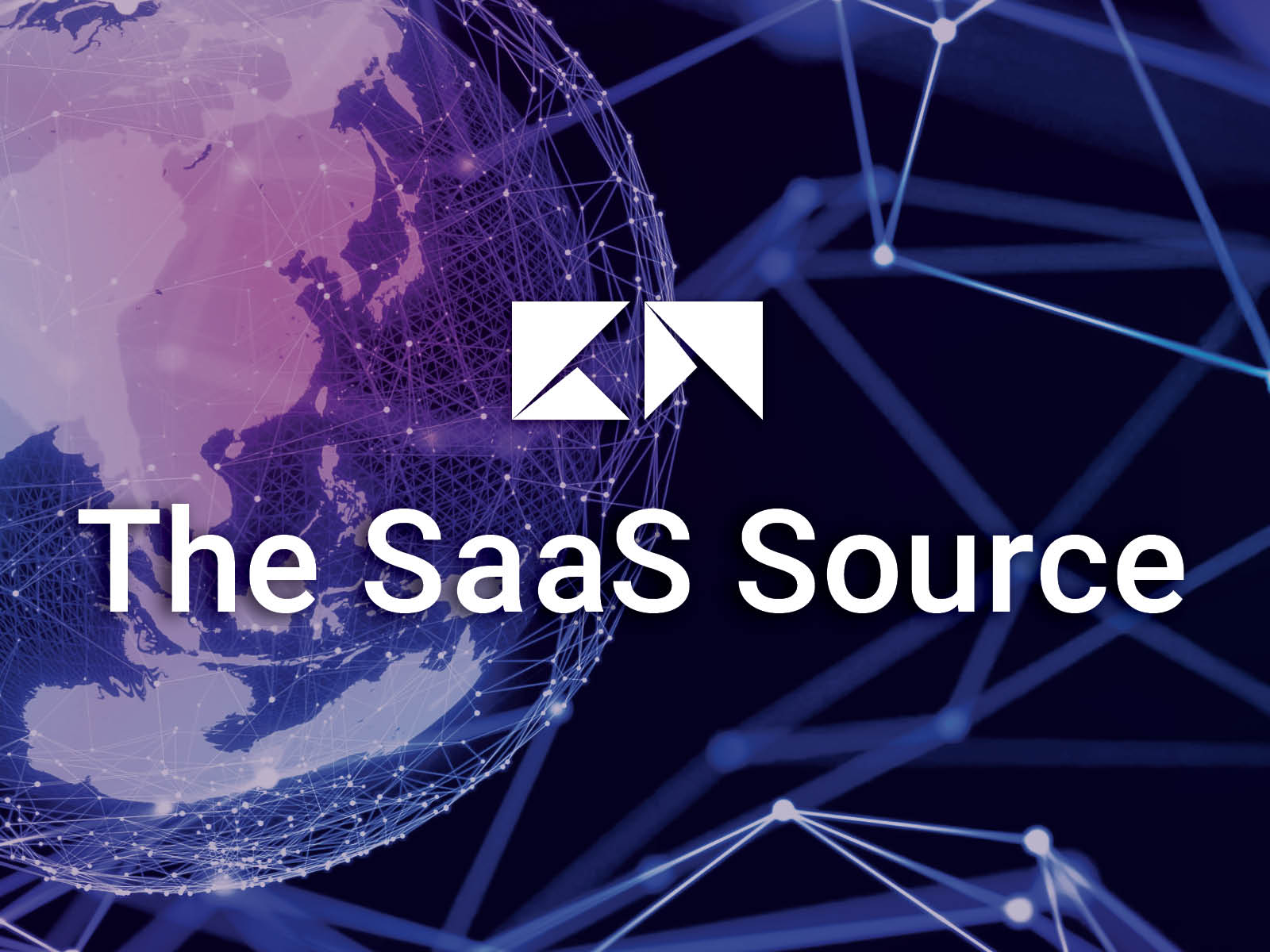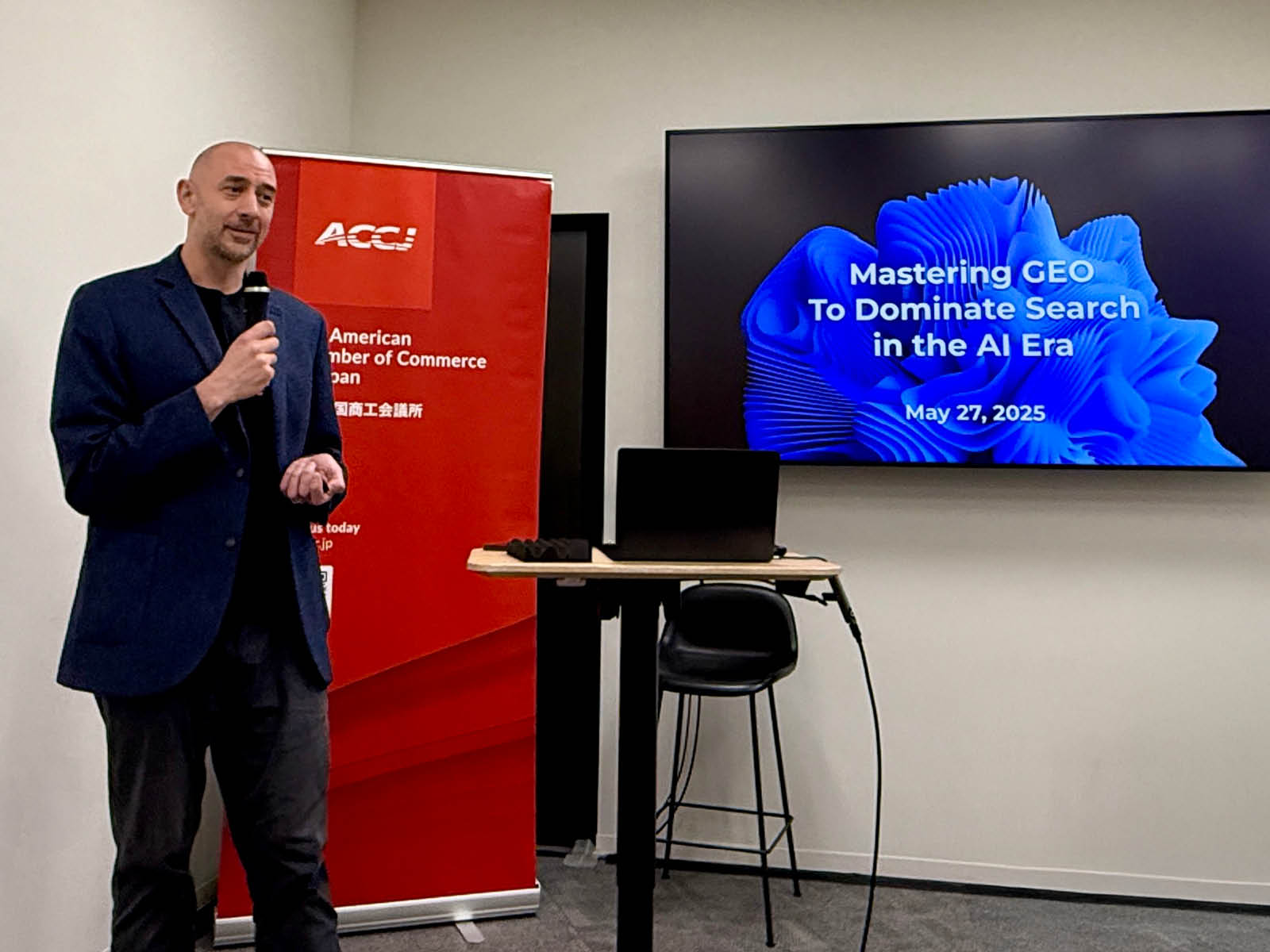
Navigating the Generative AI Landscape in B2B Content Marketing
In the rapidly evolving world of B2B content marketing, harnessing the power of generative artificial intelligence (GenAI) tools is becoming crucial.
They have been hailed as a disruptive force in content marketing and they offer a multitude of benefits, including increased efficiency and effectiveness in content creation. From brainstorming new topics to drafting content and researching headlines and keywords, GenAI is reshaping the way marketers approach their craft. Yet, while its potential is evident, a current lack of standardized practices inhibits the realization of its full value.
According to a survey conducted by the Content Marketing Institute of nearly 900 B2B marketers, a staggering 72 percent are utilizing GenAI tools to streamline their content creation processes and enhance marketing efforts. The fact that there are free tiers for platforms such as ChatGPT is a major boon in this case, along with their capacity to help generate starting ideas. But even though these tools are being widely adopted, not having guidelines for their use in place can pose a significant challenge to their responsible use.
When handling client work, many companies view AI assistance for tasks such as coding and knowledge work as similar to using suites of productivity tools, where the outcome is more important than the process. However, when it comes to creative work, they often tend to be more thoughtful, considering the ethical and practical implications of effectively integrating AI. For example, it’s crucial to safeguard sensitive data and take aspects like data ownership, retention policies, privacy, and security into consideration.
Need for Guidelines
For design, GenAI has its uses, but should be harnessed with caution, explains Custom Media Design Director Michael Pfeffer. “Generative AI in Photoshop is really useful for extending images to meet certain aspect ratios. But I wouldn’t use it for a main part of an image.
“Also, the number of AI-generated images on major stock photo websites has ballooned in the past year or so. There was a case though when we were about to use one, and noticed that there was a strange distortion of a person’s face in the crowd. So even those require some precaution.”
And a majority of organizations surveyed—some 61 percent—find themselves navigating the GenAI landscape without clear guidelines. This presents both a challenge and an opportunity for proactive leadership within the B2B marketing space. To address the lack of these guidelines, members of organizations that are using GenAI tools can spearhead efforts to establish rules and procedures for using them responsibly. By encouraging internal conversations and championing thoughtful responses to the operational challenges posed by generative AI, marketers can position themselves as leaders in this evolving landscape.
Despite the widespread adoption of GenAI tools, barriers to entry persist for some marketers. Concerns regarding accuracy, lack of training, and copyright issues deter a portion of B2B marketers from fully embracing these technologies. It’s also key to make sure to fact check material generated by AI, as it often relies on outdated information that may no longer be accurate. One way to address these concerns is for organizations to develop comprehensive training programs and clear guidelines for usage.
Moreover, as AI continues to integrate into search engines, it leads to a fundamental shift in SEO strategies. Marketers are sharpening their focus on user intent, creating more thought leadership and conversational content to cater to evolving search engine algorithms. However, alongside these advancements, it’s important for marketers to remain mindful of evolving search engine features, such as featured snippets and “people also ask” boxes, which can impact click-through rates and overall SEO performance. And it’s also important to keep in mind that content written by AI lacks experience, expertise, and trustworthiness, which are all key signals Google looks for when ranking content and websites.
Looking ahead, it’s clear that AI will remain a focal point in discussions surrounding content marketing trends. While its potential to revolutionize content creation processes is undeniable, it’s equally important to recognize its limitations as a standalone solution. Ultimately, it cannot replace the human element that is at the heart of B2B marketing.
The boom in GenAI tools is a paradigm shift in B2B content marketing. They offer unrivaled opportunities for efficiency and innovation, but demand a proactive and forward-thinking approach in developing a set of guidelines for their responsible use. Maintaining a responsible attitude towards these tools can help B2B marketers chart a course towards a future defined by creativity, efficiency, and strategic innovation.
Are you interested in working alongside an integrated digital marketing agency that is up to speed with the latest developments in the industry? Get in touch:


